Generative AI has the potential to transform your everyday life experience dramatically as its use expands across sectors. As futurist Bernard Marr warns, while GenAI can give your company a competitive edge, it can also cause unintended harm — both on a collective societal level and on an organizational level. Marr’s insights will deepen your understanding of GenAI’s potential risks and benefits as he explains how it’s poised to disrupt industries ranging from healthcare to software development. Marr conjures multiple future possibilities, some dystopian and some hopeful, and urges readers to harness GenAI’s potential for good. He calls for a cultural shift toward embracing GenAI in a way that inspires innovation, openness, and collaboration.
Rapid advances in GenAI position it to disrupt your work and life in radical ways.
The idea that machines could display human-like levels of intelligence actually dates back to 1950, when British computer scientist, mathematician, and logician Alan Turing introduced the Turing Test — machines pass the test only if a human evaluator has difficulty discerning whether they’re a machine or human. In the 1970s and ’80s, earlier attempts at creating AI models, or “expert systems,” were limited because available machines couldn’t “learn” but, instead, needed to be programmed to make decisions. The dot-com revolution and the emergence of the World Wide Web in the 1990s triggered rapid advancements in related fields such as predictive analytics and data mining. These advances were followed by the explosion of big data in the early 2000s and the introduction of deep learning in the 2010s, setting the stage for today’s GenAI models.
Today, GenAI demonstrates significant creative power, due to the development of neural networks – in particular “generative models” — that push the boundaries of what humans once...
Futurist Bernard Marr is the best-selling author of multiple books, including Artificial Intelligence in Practice, Tech Trends in Practice, and Future Skills. He’s also a strategic advisor to governments and corporations.








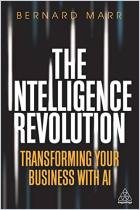
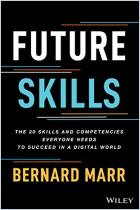
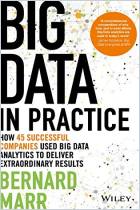
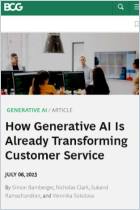
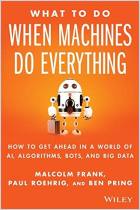
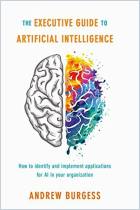
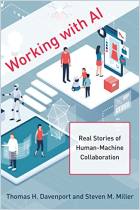
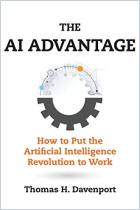




Comment on this summary or Comenzar discusión